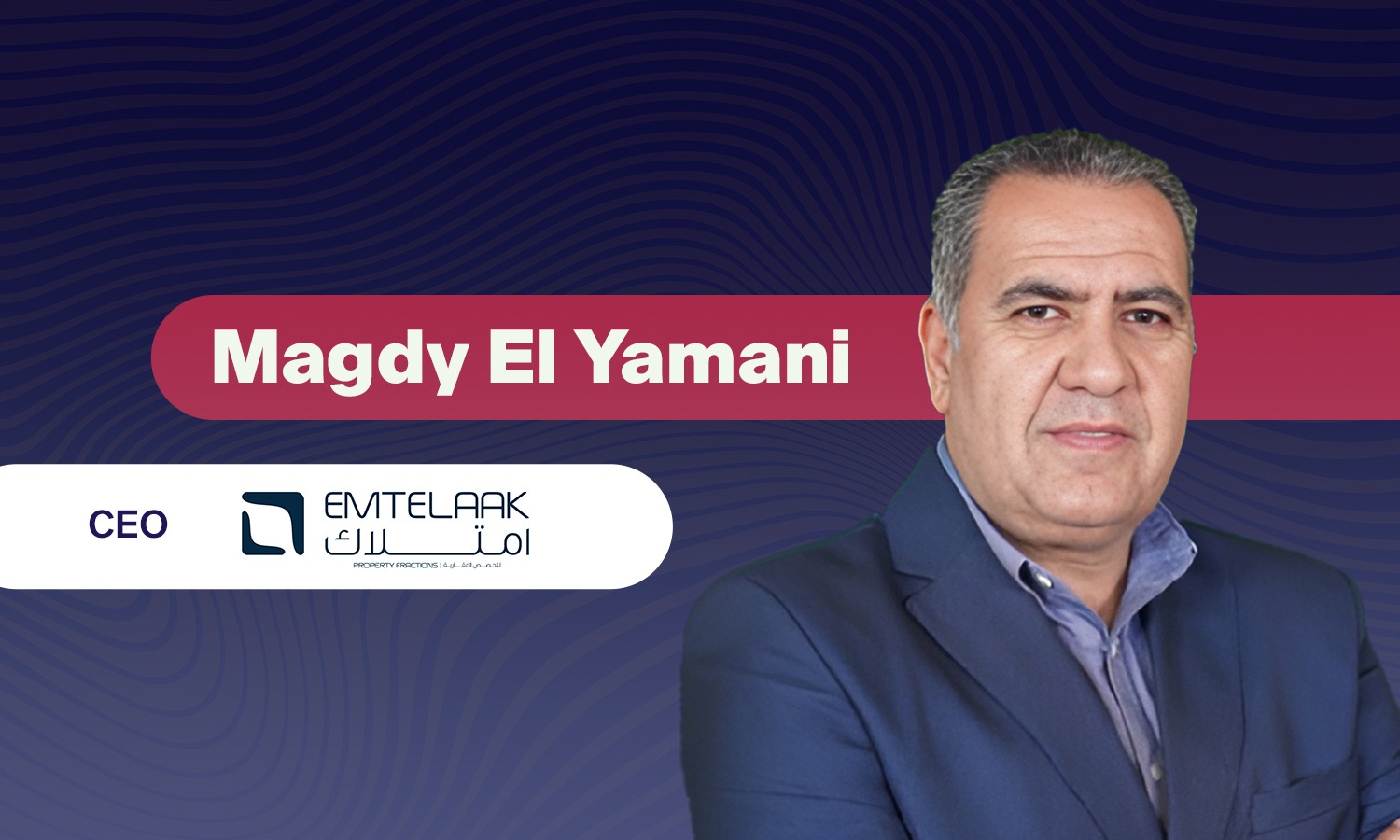Egypt’s Digital Leap: The Rise of Citizen-Focused Technology Centers
Updated 7/13/2025 9:00:00 AM
Egypt is rapidly advancing its national digital transformation agenda. This strategic effort aims to modernize the country’s economy and improve citizens’ quality of life.
A key initiative at the heart of this sweeping transformation is the establishment of technology centers for citizens and investors. These centers reflect the government’s tangible commitment to fostering a digital society. They provide streamlined services and help create a space for technological growth and innovation.
Establishing Technology Centers for Citizens
The Egyptian government is following a comprehensive national strategy to upgrade operational systems across all sectors and drive the country’s digital transformation.
Central to this effort is the Digital Egypt Strategy, which is structured around three main pillars: fostering innovation, developing capabilities, and applying digital transformation.
The strategy focuses on international leadership, efficient infrastructure, as well as effective legislation and governance.
In line with this strategy, the Egyptian state is moving in a steady and accelerated pace towards implementing the digital transformation system. Over the past years, many relevant steps and measures have been taken to support this shift.
These measures aim to turn Egypt into a knowledge-based, innovation-driven society by relying on modern technological applications in obtaining services.
Accordingly, the government is establishing technology centers for citizens and investors. The Ministry of Planning, Economic Development, and International Cooperation is implementing a project to develop and automate citizen services across 57 urban city authorities through technology centers.
So far, 34 city authorities have been developed. The ministry is also studying and analyzing workflow cycles to achieve optimal processes in preparation for digital transformation.
Economic Benefits and Streamlined Services
Setting up technology centers across the country bears economic fruits for Egypt. Ehab Younis, Professor and Head of the Economics Department at El Shorouk Academy, tells Arab Finance that these centers will lead to numerous benefits. “They will save time, effort, and expenses for both citizens and investors, due to the availability of electronic services and the speed of their delivery,” he adds.
According to Younis, these technology centers will further “create job opportunities in technology and digital transformation, helping to lower unemployment rates. They will also attract investors, both local and foreign, by making their procedures easier and faster.”
“These centers will also support entrepreneurship and innovation, while boost the efficiency of government services and closing the digital gap,” he notes.
Enhanced Service Delivery and Efficiency
Technology centers that have been developed in city authorities offer over 180 automated services to citizens. These services help save time, effort, and cost. The centers also provide various performance indicators that help monitor the completion rate of services, hold those who fall short in-service delivery accountable, and define employee responsibilities.
Additionally, it aims to enhance integrity and transparency by separating the service provider from the applicant. These centers also offer a suitable working environment for both the service provider and recipient, meeting government service quality standards.
Another key goal of the project is to automate and simplify service delivery procedures. This makes it easier for citizens and reduces waiting times. The project also integrates with participating entities such as security directorates, manpower authorities, the National Food Safety Authority, and others. Integration with other entities, such as civil aviation, is ongoing.
The creation of technology centers within local government agencies plays a vital role in the development of information systems. These centers enhance coordination and foster open communication and information sharing among different government institutions and agencies.
As a result, citizens can access the services they need through a unified system, without the need to visit multiple offices in person. This makes the process more convenient and efficient. These findings come from a study titled ‘The Role of Citizen Service Technology Centers within Local Agencies in Community Development, within the Framework of Egypt's Vision 2030’, published by Al Azhar University in January 2025.
Future Prospects
The successful implementation and sustained impact of technology centers for citizens hinge on several critical considerations and a forward-looking vision. Paramount among these is ensuring equitable access and distribution.
Younis explains, “The centers has to be accessible to all citizens and investors. The state must ensure fair distribution of technology centers across different regions, provide services at nominal prices, and build partnerships with the private sector.”
Looking ahead, these technology centers are poised for significant evolution over the coming decade. Younis points out, “Over the next decade, the role of these centers will evolve. They are likely to turn into research, development, and innovation centers, as well as incubators for emerging projects.”
“Furthermore, education in artificial intelligence (AI) and big data must be supported, while continuing education and training must be promoted.”
Egypt's proactive embrace of digital transformation, spearheaded by the "Digital Egypt Strategy" and the establishment of technology centers for citizens and investors, marks a pivotal moment in the nation's development.
These centers are more than just service points. They are foundational elements in a broader national effort to modernize governance, stimulate economic growth, and empower its populace.
By Sarah Samir
Related News







